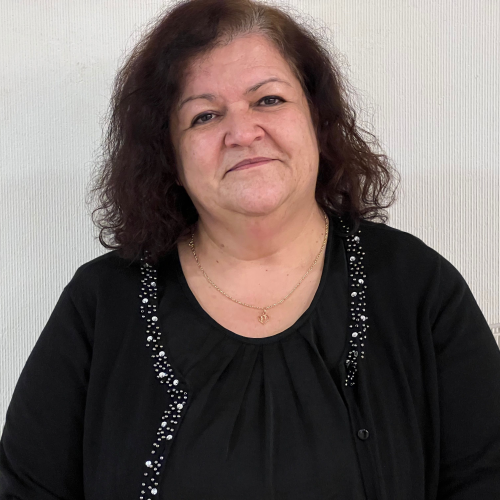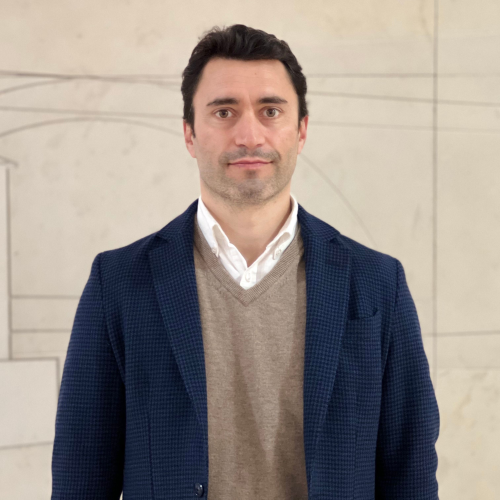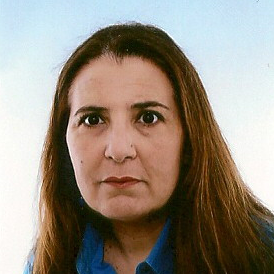TURASANT
Impact Assessment of Religious Tourism and Accessible Tourism in the Caminhos de Santiago
Tourism is considered one of the most important pillars for the sustainability of the territories, having reached a dynamic and international dimension that places it in a prominent place among the different economic activities. As in many other tourist destinations, also in Portugal religious tourism is one of the growing segments, both as an economic activity and for the movement of people, being considered strategic.
The most visible relationship between tourism and religion lies in the large number of sacred buildings of relevant touristic interest and the intention of tourists to visit them. Portugal is a route for temples, religious cults and festivals and a transit point to other places of worship, such as Santiago de Compostela. In fact, the Portuguese Pilgrimage Paths to Santiago de Compostela were included in the update of Portugal’s World Heritage Indicative List, carried out in May 2016, which attests to their importance, particularly in the national structuring of this type of itineraries. Thus, it is intended to boost the international recognition of these itineraries on Portuguese soil namely the Portuguese Central Way and the Coastal Way, among others.
Based on these assumptions we intend, essentially, to address the problem of the impacts of religious tourism and pilgrimages to Santiago, studying with particular acuity the Portuguese Ways of St. James, but highlighting the problems of accessibility, both of the cultural heritage, especially the religious architectural heritage that has a direct relationship with these routes, and of the hostels, particularly public ones, and other types of accommodation, such as Tourism in Rural Areas (TER) or Local Lodging (AL) and, of course, the path itself.
Accessible Tourism, Universal Tourism, Inclusive Tourism, Tourism without Barriers, among other designations, can also be defined as tourism and travel accessible to all people, disabled or not, including all those who may have temporary or permanent mobility, hearing, vision, cognitive, intellectual or psychosocial limitations, older people and those with temporary disabilities.
This research area is very recent and on which there is very little research produced and published, however, it is a theme that currently arouses much interest, having been edited manuals and guides of good practice by the entities responsible for the cultural heritage or tourism in Portugal. However, there is no type of strategic planning towards the adaptation and enhancement of the architectural heritage related to the path and the transformation of the path into an accessible itinerary as in neighbouring Galicia. In the master plan and strategic plan of the Camiño de Santiago en Galicia 2015-2021 one of the priority actions is to “Integrate methods and criteria of accessibility in the treatment of the Camiño de Santiago, in its linked heritage and in the services of assistance to pilgrims co fin de facer do Camiño un espazo adaptado a todos na medida do posible.”
Outputs
- Silva, M. F. M. e Borges, I. (2019). Religious Tourism and Pilgrimages in the Central Portuguese Way to Santiago and the Issue of Accessibility. In J. Álvarez-García, M. del Río Rama, & M. Gómez-Ullate (Eds.), Handbook of Research on Socio-Economic Impacts of Religious Tourism and Pilgrimage (pp. 375-395). Hershey, PA: IGI Global. 10.4018/978-1-5225-5730-2.ch020. http://hdl.handle.net/11328/2395
- Silva, M. F. M. e Borges I. (2019). A Acessibilidade nos Caminhos de Santiago: um longo caminho a percorrer. Atas do V COLOQUIO INTERNACIONAL DE CAMINHOS DE SANTIAGO – “OS CAMINHOS DO MAR”, S. Pedro de Rates – 16 e 17 de novembro de 2018. http://hdl.handle.net/11328/3059
- Silva, M. F. M. e Borges, Isabel (2019). Accessible territories development: hostels and religious architecture in Portuguese way to Santiago. Proceedings of the 2nd International Conference on Tourism Research – ICTR 2019. Academic Conferences and Publishing International Limited Reading UK, pp. 308-320. E-Book ISBN: 978-1-912764-14-3; E-Book ISSN: 2516-3612. http://hdl.handle.net/11328/2657
- Silva, M. F. M. e Borges, I. (2019). Accessibility on The Ways of Santiago: The Portuguese Central Way, International Journal of Religious tourism and Pilgrimage, Ireland, vol. 7: Iss. 2, Article 7, pp.62-75. https://arrow.dit.ie/ijrtp/vol7/iss2/7; https://doi.org/10.21427/m05f-2v16; http://hdl.handle.net/11328/2715






